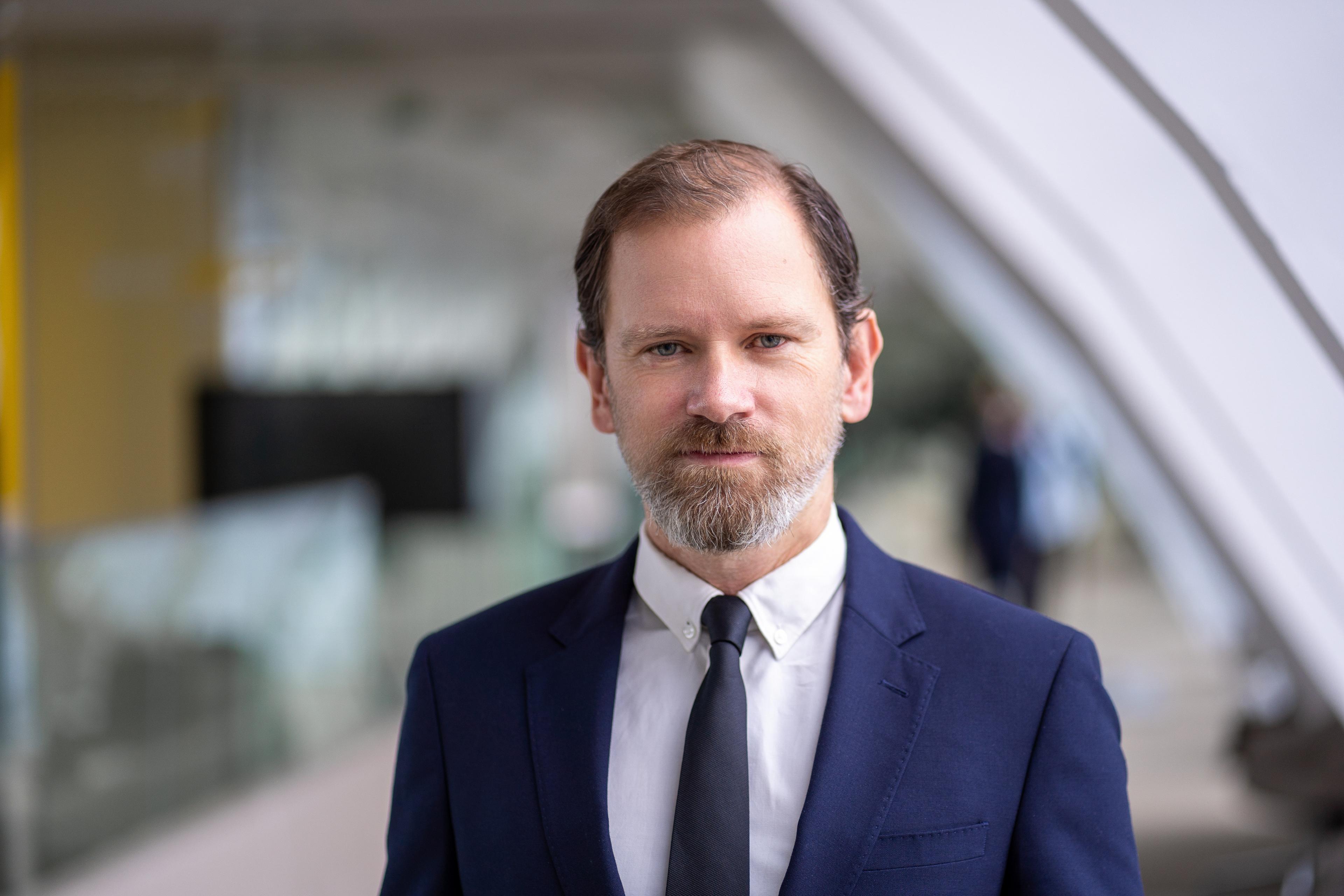EY refers to the global organization, and may refer to one or more, of the member firms of Ernst & Young Global Limited, each of which is a separate legal entity. Ernst & Young Global Limited, a UK company limited by guarantee, does not provide services to clients.

There is a slight recovery in the real estate market. At least according to Petr Kozojed from EY. However, according to the Head of the Real Estate team, the supply of new apartments will be limited in the short term. He sees the future solution to the housing situation in rental housing.
What awaits us on the real estate market?
Petr Kozojed: Definitely an inclination towards rental housing. Until now, most people in the Czech Republic wanted to own a flat, it is a historical given. As a rule, the capital for its acquisition was put together by the whole family, because for young couples it was often unthinkable. Now, however, such a procedure, together with mortgage financing, will probably not be easily manageable for most young people. We are approaching what we see in Vienna, for example, where rental housing is commonly inherited.
With the economic situation, many development projects have been put on hold and some of their capacity is being converted from apartment sales to rental housing. Certainly the trend is also to make smaller apartments. There will be fewer new ones for sale in the short term, and as interest rates come down, demand will grow.
They are coming down, but only partially so far. Won't buyers wait for rates to drop even lower?
PK: If anyone is waiting for a return to 2 percent, I don't think they will. We are already seeing a slight recovery. Moreover, it's spring here, which is always when the real estate market "wakes up". In my opinion, we are even approaching a shortage of small apartments, because they sold well even when demand was otherwise subdued. In summary, we are seeing some recovery. A subtle recovery, but a recovery nonetheless.
You talked about rental apartments. But won't there be a shortage of those?
PK: I don't think there will be enough of them in Prague. Also because the demand for them was very high in connection with the wave of refugees from Ukraine. Whoever offered a smaller apartment for rent in the summer of 2022 could have had dozens of applicants overnight. Of course, the situation is different if we are talking about renting a 100-metre apartment, as this is a specific segment. But there will be a particular interest in small ones and it is essential that cities go against this trend in terms of regulation. The question is whether some developers are now switching from sales to rentals just because of the current situation, or whether this will be a long-term trend. I would tend to judge the long-term trend. Owner-occupied housing will only be available to a more limited number of people next time. It will become more and more expensive and harder to find efficiently.
But it still looks like supply, whether for rentals or sales, will be low.
PK: I don't like black scenarios or even scaremongering. I think the situation will improve as the economic situation and financial strength of the Czech population improves. It won't be by leaps and bounds, the disparity between incomes and property prices is large here. But it will work. If you look back, housing affordability was even more difficult. Of course, the younger generation won't be able to make an apartment from scratch right away. But at the same time, they also probably won't have as much of a need to own. This doesn't just apply to apartments, but cars as well. There is no reason to accumulate things, to accumulate assets. Young people today won't buy skis when they can borrow them on the mountain. They want to travel a lot more and be less tied to one place. This is a big change from the mindset of previous generations, where parents tried to provide and pass on housing to their children.
Returning to construction, the topic of permitting processes cannot be overlooked. Do you believe in improvement with the new building law?
PK: Every government, almost every politician has housing as one of their main issues, but basically the situation has not improved significantly in the long term. I think the left hand doesn't know what the right hand is doing in the sense that politicians don't always understand or want to understand what developers and builders need. Moreover, every change is accompanied by lobbying by interest groups. Today, we are at the tail end of the world rankings in terms of flexibility in the permitting process. But I am optimistic that their shortening will come.
An important issue for developers is building on former industrial sites...
PK: We have a relatively recent experience with the sale of a former brewery in Pardubice. Brownfields can sometimes arouse emotions, but it is important to remember that these are often industrial sites that used to be on the outskirts of towns, sometimes in places that were not even part of their cadastre. However, with the development and growth of agglomerations, they have moved to their centres. This makes it "absurdly" expensive to continue production in them, and on the contrary, the complexes become part of a development area, ideal for housing or work.
In the case of Pardubice, the situation was similar. The owner decided to transfer production elsewhere and commissioned us to find a buyer for the site following a tender procedure. We were surprised at how much interest there was at a time when the market was down. It was 3.5 hectares. We were also pleased with the approach of the city, which accepted that the site was part of a development area. We gave the bidders the opportunity to respond to competitors' bids during the tender process, and thanks to this we were able to find an interesting buyer and negotiate a higher price than we had originally anticipated.
This trend will continue, but we need to make sure that the centres are not just office space or just apartments. So that they are not ghost towns during the day or in the evening. They need to be mixed zones.
Is it working?
PK: It is necessary to distinguish where such a brownfield is. There is basically nothing in Prague that is "lying fallow" anymore. Brownfields are basically dismantled and undergoing transformation, and revitalisation with regard to urban planning is quite complicated in their cases. Often, remediation and decontamination after industrial production is necessary, and this is a rather complex set of activities requiring cooperation with local authorities, which is not always easy.
Many brownfields are naturally located in northern Moravia or northern Bohemia, reflecting the original distribution of industrial production in the Czech Republic. These are huge amounts of as yet unused areas, which will in turn be developed on the basis of subsidies and in cooperation with municipalities.
So will housing in the Czech Republic be affordable under reasonable conditions?
PK: I am convinced that "affordable housing" in the Czech Republic must be rental housing only. As soon as subsidies, support or municipal participation enter into ownership housing, it will start to be traded in our conditions. Affordable housing can be provided with both subsidy support and affordable land, especially from municipal and city property. Subsequently, the process must be complemented by better-than-market financing. In this way, a project can be created that is less expensive than a standard development with more affordable than market rental housing.
Summary
Interview for E15 magazine with Petr Kozojed, Head of the Real Estate team at EY Czech Republic, published on 13 May 2024.



